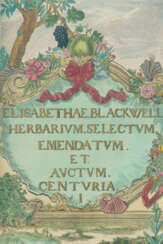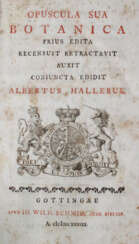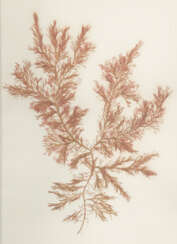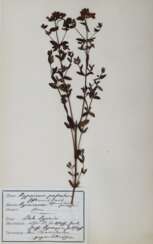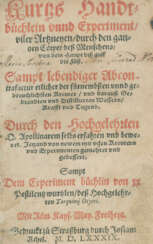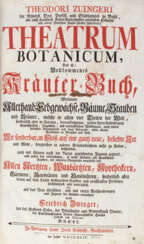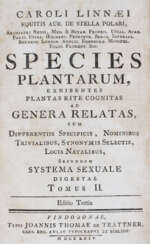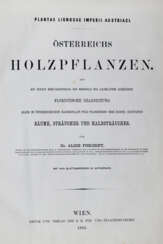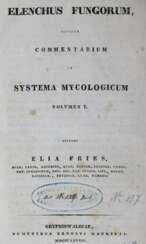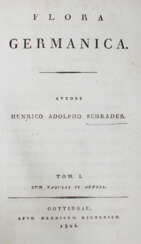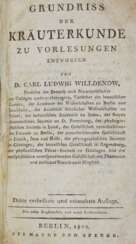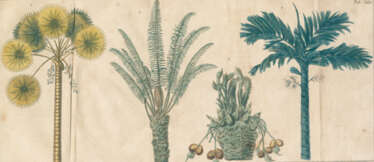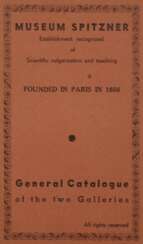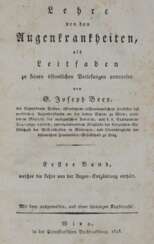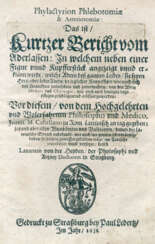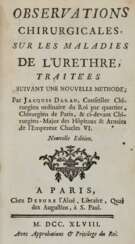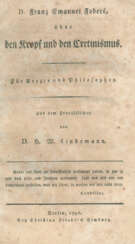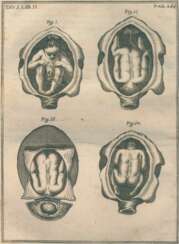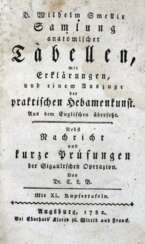
A127: Geographie, Antiquitäten, Schmuck, Graphik
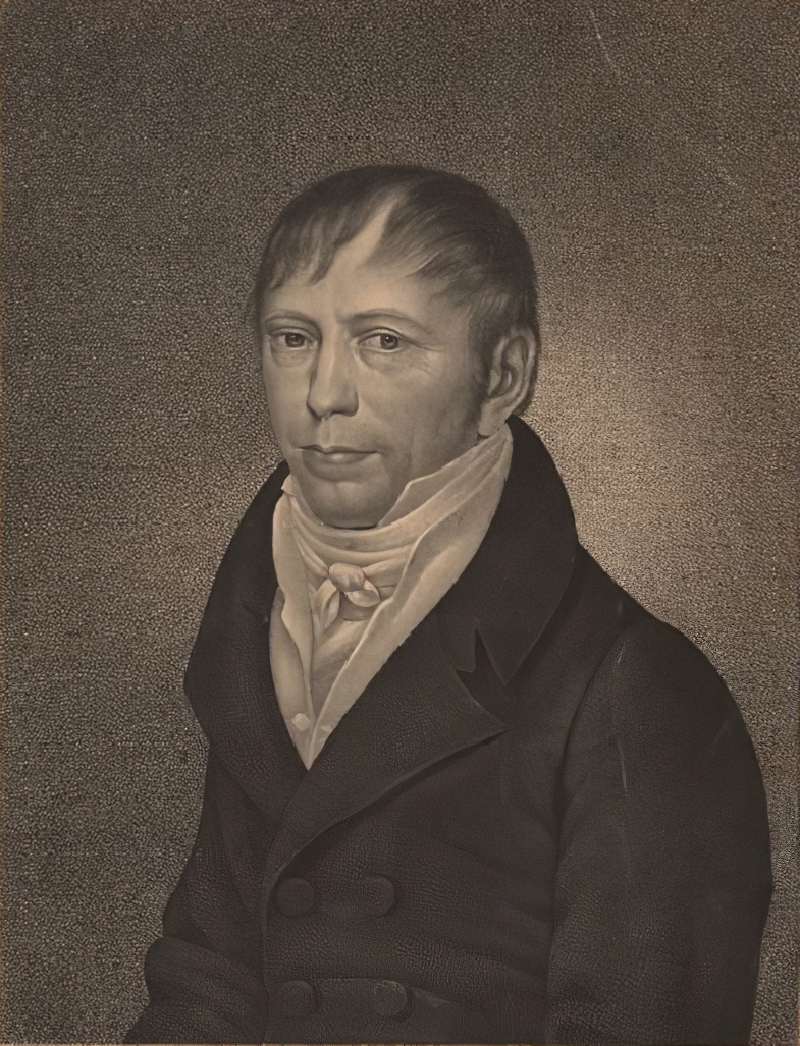
Friedrich Gottlob Hayne was a German botanist, taxonomist, pharmacist and professor.
After many years of teaching, he was appointed Professor of Pharmaceutical Botany in 1828. In addition to his lecturing duties he led many botanical excursions. He was known for using precise terminology in his plant descriptions.
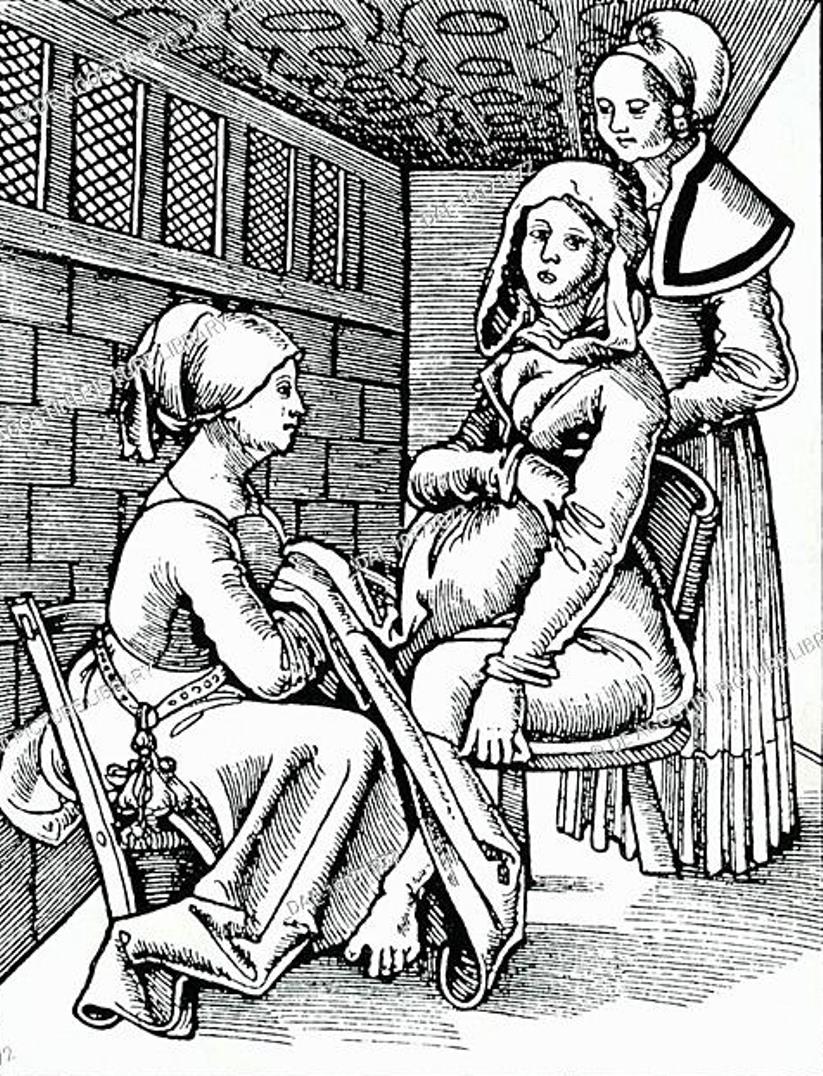
Eucharius Rösslin the Elder or Eucharius Rößlin was a German medieval scholar, physician-midwife, and pharmacist.
In 1493 Eucharius became apothecary in Freiburg, and 13 years later was elected physician of the city of Frankfurt am Main. From there he moved to Worms, in the service of Katherine, Princess of Saxony and Duchess of Brunswick and Lüneburg. One of his duties was to oversee and supervise the city's midwives, whose ignorance led to a high infant and female mortality rate.
In order to remedy this, Eucharius wrote and published a book on midwifery called Der Rosengarten ("The Rose Garden for Pregnant Women and Midwives") in Strasbourg in 1513. It was in German and contained several engravings. The book proved very popular and soon became the standard medical textbook for midwives. For nearly two centuries it was the authoritative guide to midwifery in Europe, translated into seven languages and reprinted over a hundred times.
In 1517 Rösslin returned to work in Frankfurt and remained in that position until his death in 1526. His son, also named Eucharius Rösslin, succeeded him as city physician.
Johann Wolfgang von Goethe, a German polymath and writer, is celebrated as one of the most influential figures in the German language and Western culture. His vast array of works spans poetry, novels, plays, and scientific writings, reflecting his diverse interests and profound impact on various fields.
Goethe's early life in Frankfurt laid the foundation for his diverse interests. After studying law, he gained fame with "The Sorrows of Young Werther," which led to an invitation to the Weimar court. His contributions there were significant, including roles in the ducal council, mining supervision, and cultural endeavors like theater management and the botanical park's planning.
His literary achievements are vast, with notable works like "Faust" and "Wilhelm Meister's Apprenticeship," which delve into human nature and societal reflections. Goethe's "Sturm und Drang" period was marked by intense emotion and a break from traditional forms, influencing subsequent cultural movements.
Johann Wolfgang von Goethe's interest in science is equally noteworthy. He made contributions to biology, zoology, and color theory, advocating for a holistic view of nature and expressing skepticism toward restrictive scientific methodologies. His works in these areas reflect a deep desire to understand and articulate the natural world's interconnectedness.
For art collectors and experts, Goethe's influence extends beyond his literary and scientific contributions. His role in Weimar Classicism and his artistic endeavors offer rich insights into the period's cultural landscape, providing a multifaceted perspective on his legacy.
To stay informed about developments and events related to Johann Wolfgang von Goethe, consider signing up for updates. This subscription will keep you informed about new product sales and auction events related to Goethe's works and influence, offering exclusive insights for enthusiasts and collectors.
